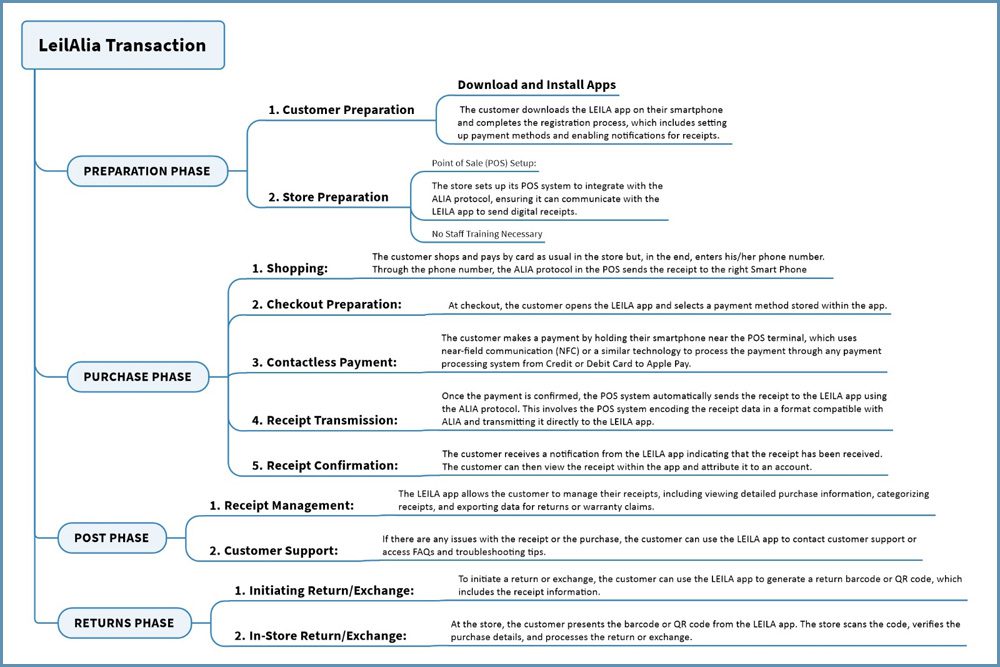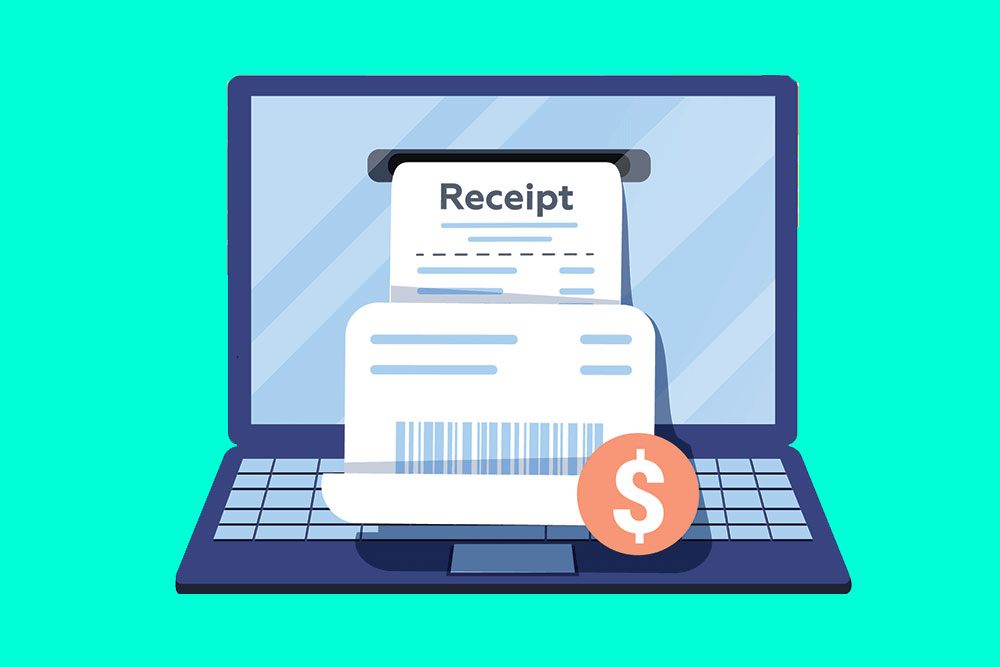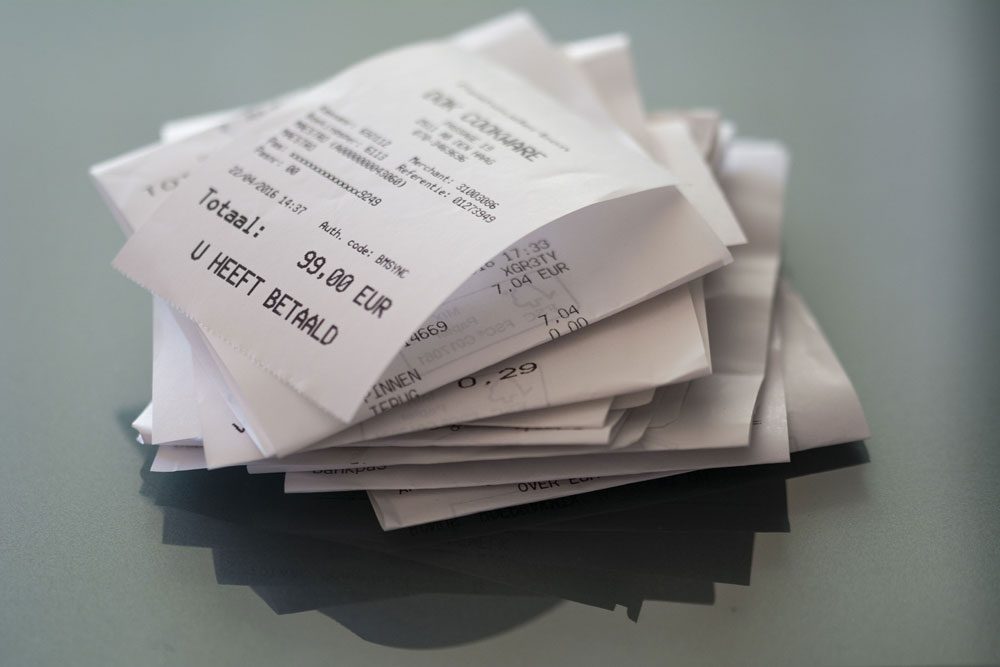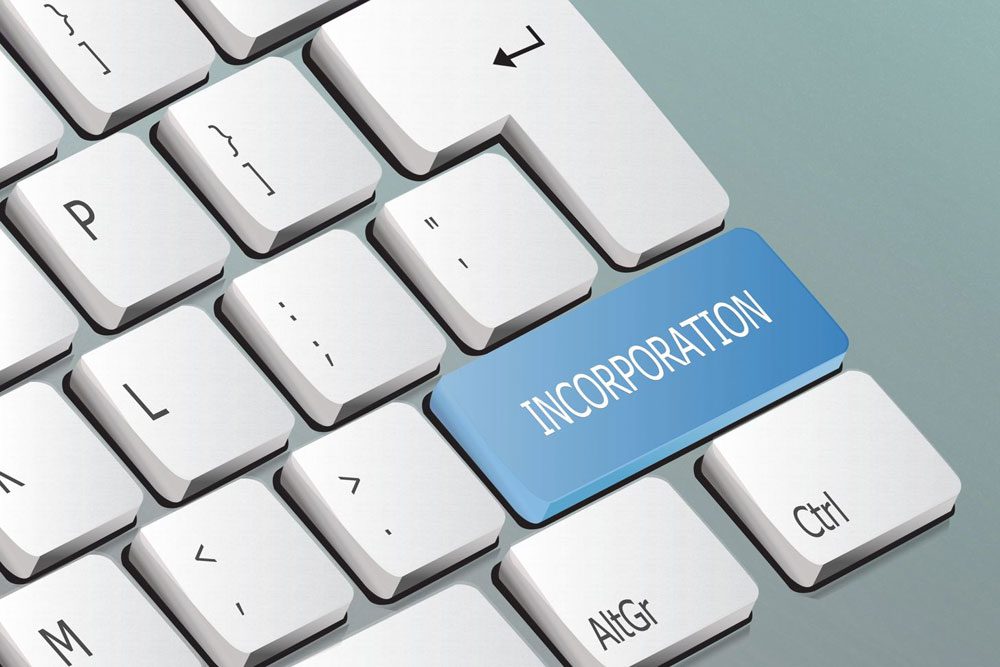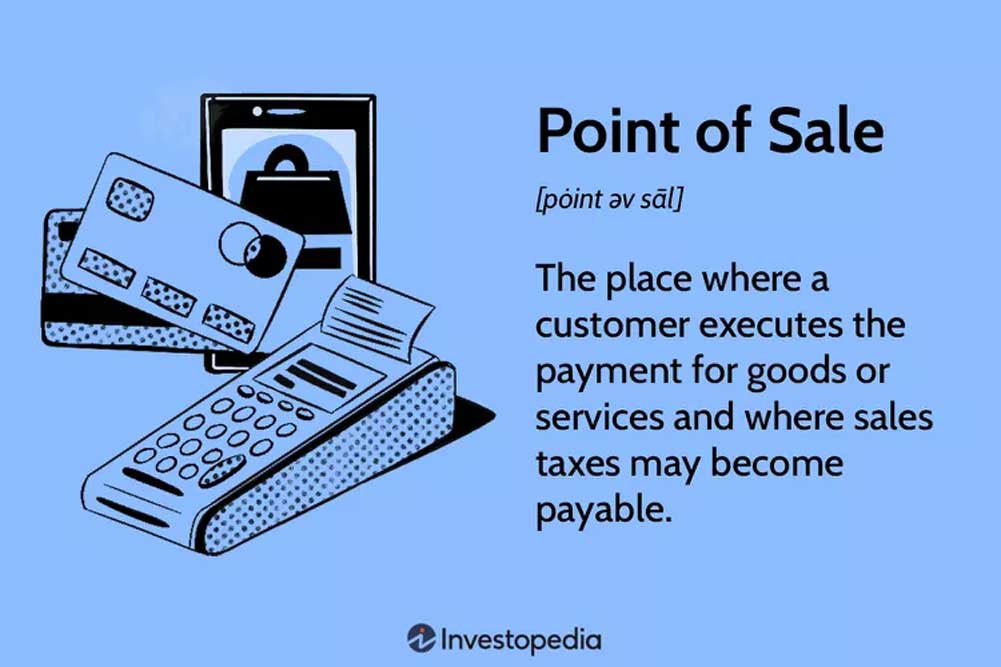As the world continues to move towards a more digital age, it is becoming increasingly important to have efficient and secure systems in place for handling transactions. This is where the ALIA Protocol comes in. The ALIA Protocol is a blockchain-based protocol that enables the issuance and management of virtual receipts for point of sale (POS) transactions. In this article, we will discuss the benefits of licensing the ALIA Protocol to hardware and software manufacturers for use in their POS systems.
Firstly, let us look at the ALIA Protocol itself. The protocol enables the creation and management of virtual receipts, which are stored on a blockchain. These receipts contain all the necessary information about the transaction, including the date, time, location, and items purchased. Because they are stored on a blockchain, these receipts are immutable, meaning they cannot be altered or tampered with. This provides an added layer of security for both the merchant and the customer.
By licensing the ALIA Protocol to hardware and software manufacturers, they can incorporate the protocol into their POS systems, allowing them to issue virtual receipts to customers. This not only enhances the security of the transaction, but it also provides a number of other benefits.
One of the main benefits of using virtual receipts is that they are eco-friendly. With traditional paper receipts, millions of trees are cut down every year to produce the paper. This has a huge impact on the environment. Virtual receipts, on the other hand, eliminate the need for paper altogether, reducing the carbon footprint of each transaction.
Another benefit of using virtual receipts is that they are more convenient for customers. With traditional paper receipts, customers often lose them or forget to take them, resulting in a loss of information about the transaction. Virtual receipts, on the other hand, are stored electronically and can be accessed at any time. This provides customers with a complete record of all their transactions, making it easier for them to keep track of their spending.
From a merchant’s perspective, virtual receipts also offer a number of benefits. By having a complete record of all transactions stored electronically, merchants can more easily reconcile their accounts and identify any discrepancies. This can help to reduce the risk of fraud and increase the efficiency of their accounting processes.
In addition to these benefits, licensing the ALIA Protocol to hardware and software manufacturers also opens up new revenue streams for these companies. By incorporating the protocol into their POS systems, they can offer their customers a more secure and efficient transaction process, which in turn can help to attract new customers and increase revenue.
In conclusion, licensing the ALIA Protocol to hardware and software manufacturers for use in their POS systems offers a number of benefits for both merchants and customers. By using virtual receipts, transactions become more secure, eco-friendly, and convenient for customers, while also providing merchants with a complete record of all transactions and new revenue streams. As the world continues to move towards a more digital age, the ALIA Protocol is an important tool for ensuring the security and efficiency of transactions.


